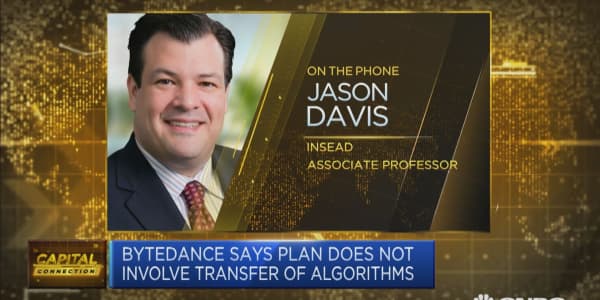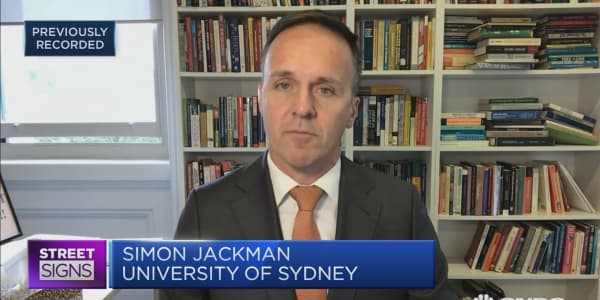President Trump may find the thrill of his electoral victory giving way to the perils of governance, Morgan Stanley wrote on Sunday, adding that "execution risks" may make it difficult for Trump's policies to have their intended effect.
Fresh from his inauguration, Trump now faces the task every president now faces: Marshaling political support for his priorities, and making sure they stick. In a research note to clients on Sunday, Morgan Stanley warned that "lingering disagreements" between Trump and GOP political leaders may have unintended policy consequences.
Congressional Republicans "embraced Trump despite their criticism of his conduct and lack of conservative orthodoxy. Hence, while our base case remains that Republicans can execute a tax reform-driven fiscal stimulus on or around [the third quarter of 2017], we concede that execution risks are rising," the bank wrote.
"This high-risk, high-reward path is another sign that investors may find it increasingly difficult to believe that their faith in US policy will be rewarded as the year progresses," it added.
Most investors and Wall Street analysts have been banking on tax reform and infrastructure spending as a boost to 2017 economic growth. However, Morgan—as well as a few other banks—warned that a grand bargain was far from guaranteed.
Tax reform "could include some disruptive elements that blunt its economic positives," Morgan said. The political difficulties mean that "tax reform is not a given," they added.
That is because another of Trump's priorities—the repeal of Obamacare—could create "collateral damage" for tax reform, Morgan Stanley wrote. "Rising displeasure among Republicans about the risk of increasing the uninsured if they repeal [Obamacare] without immediately replacing it risks delaying this legislative process, and tax reform as a consequence.
Earlier this month, Goldman Sachs struck a similarly sanguine note, saying that "it is not yet clear what the political dynamic will look like when the agenda moves to areas where the Trump administration's views diverge from congressional Republicans."
Should Trump's popularity improve, "he could bring many Republicans around to his position on key issues" such as his protectionism on trade and governmental reform. "If not, [Trump] could find it hard to pass some of his priorities in Congress."
Meanwhile, others doubt the idea that the fiscal boost will live up to its hype. Capital Economics said last week that hopes for a "global reflation looks misplaced," given that other countries are unlikely to follow suit with a fiscal boost of their own, while the impact abroad of U.S. tax reform will be limited at best.
Morgan Stanley still expects some form of fiscal stimulus that would prop economic growth up at 2.0 percent this year and next, but it warned that investors would be "naïve" to believe the Trump rally could continue unabated.
"Rather, we think it prudent to recognize that investors may see this evidence and come to a less-than-optimistic conclusion – a return to gridlock and negative unintended consequences are meaningful risks," the bank wrote, which could include an erosion in corporate earnings, and spillover in debt markets.





